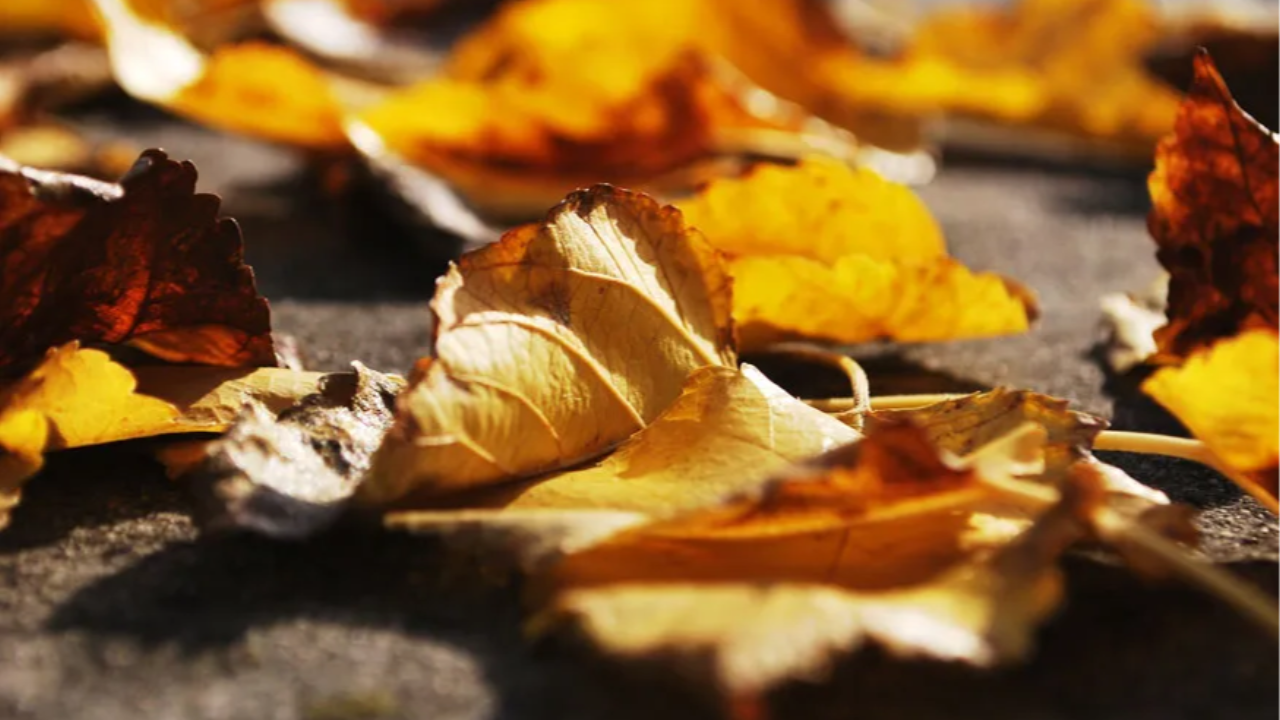Death, Impermanence and Continuity

Written by David Nichtern
Sometimes I wonder if religion would exist at all if it didnt address the most daunting fact that we human beings are faced with: that we are going to die and that everything we experience in life is impermanent.
I think most spiritual traditions take this fact into account and try to prepare us for death and whatever is beyond, while also attempting to teach us how to live an ethical and meaningful life — either for its own sake, or because it will prepare us for the next life, or because it will prepare us to go to heaven or someplace perhaps better than this world.
At the intellectual level everybody knows we are going to die, but what does death really mean? In Buddhism, the idea of death and the idea of impermanence are strongly connected and in some sense interchangeable. One interpretation of the truth of suffering (the “first noble truth”) is that we suffer because we do not understand or fully relate to impermanence.
Change is happening all the time — when we physically die, that event has actually been foreshadowed by a myriad of “mini-deaths” of all kinds. We lose our hair, our lover, our strength, our vitality, our money — or we lose our poverty, our weakness, our impatience, our headache, our tooth, our memory… you name it. A careful look at our life shows that death or impermanence is a constant companion. Because we are out of sync with how things are constantly changing, we cling to things, resist change and impermanence and therefore suffer.
Of course you could say, “I will deal with death when it comes but come on, it’s likely a ways off and I have a life to live here and a family to raise, and creativity to express, and contributions to make to society. Also I’m planning carefully for my retirement when I can cash in on all that hard work. What’s the point in talking about old age, sickness and death now? We’ll cross that bridge when we come to it.” Or one could adopt a nihilistic attitude about it and say, “it’s all impermanent, we’re gonna die, what’s the point of any of it? Let’s just eat drink and be merry or let’s just curl up into a ball and try to make the whole thing go away.” Another approach is “this life is just a prelude, a warm-up drill for what comes after — a much better and permanent place called heaven. If we pass our entrance exam here we will go there and then everything is going to be wonderful forever.”
But who really knows how things work? Can we really trust somebody else’s description of what is going to happen or do we actually have to find out for ourselves? The Buddha said you have to find out for yourself. Actually we can’t even take Buddha’s word for it.
But if we really really seriously examine impermanence, I think we can learn a lot about the nature of our reality. If we can experience the “mini-deaths,” the letting go in each moment as it moves into the next moment, we quite possibly can get a major clue about the meaning of impermanence and death, and see for ourselves what it is that we experience as continuity for that matter.
The Buddhist approach is to look directly at our experience and see first hand what is happening. That is the ultimate meaning of meditation — a direct look — not just at what our concepts are, not just what we’ve been told is true by some wise (or not wise) person, not just what our parents told us, but a direct look with the eyes of prajna (unbiased discriminating awareness).
So when we look in that way, without hope of gaining or losing, what do we see? How do we experience impermanence? How do we experience continuity? As Chogyam Trungpa Rinpoche used to say, “your guess is as good as mine.”

